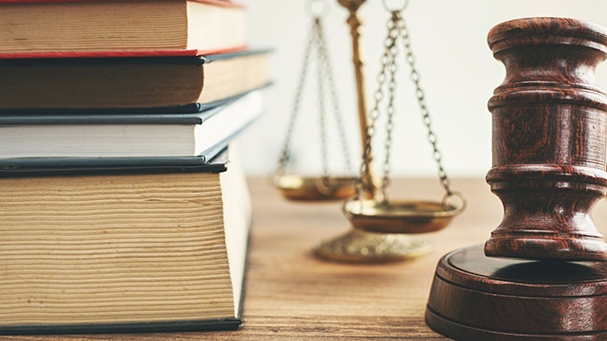Self Help Centers
Self-Help and Court Information Centers: Expanding access to justice
By: Marci Hoffman, Court Executive

In each of the Colorado Judicial Branch’s 23 judicial districts across the state, our Self-Help and Court Information Centers have become an essential resource for individuals navigating the legal system.
Guided by Chief Justice Directive 13-01 Concerning Colorado Courts’ Self-Represented Litigant Assistance, these centers were created with a simple but powerful goal: to make the courts more accessible, provide assistance to achieve fair and efficient resolution of cases, and minimize the delays and inefficient use of court resources that may result when litigants who are not represented by lawyers use the court system.
The demand for services continues to grow, even as staff resources remain limited. Support is not confined to the centers themselves. Clerks, specialized positions, and district leadership also play a critical role in providing this assistance. By offering both practical guidance and compassionate support, these services bridge the gap between complex legal processes and the people who must navigate them.
Purpose and services
Self-Help and Court Information Centers provide court customers with a variety of supports designed to reduce barriers and increase confidence:
- Clear guidance on court processes and procedures, explained in a way that is accessible and practical without providing legal advice.
- Connections to collaborative partners and community resources, ensuring individuals have support that extends beyond the courtroom.
- Dedicated workspace for completing court forms, giving customers time and privacy without the pressure of clerk’s office lines.
- Safe, neutral spaces for those navigating sensitive family or relationship-related matters.
- Public events and outreach opportunities, including “Ask An Attorney” sessions and resource fairs that connect community members with legal and supportive services.
Positive impacts on the courts
The presence of these centers has made a measurable difference in how courts serve their communities:
- Reduced pressure on clerks’ offices, as more customers arrive with completed or nearly completed forms.
- Improved accuracy and efficiency, since properly prepared filings minimize errors and delays.
- Greater fairness and accessibility, ensuring that all court users, regardless of income, background, or legal knowledge, can participate in the process.
- Strengthened collaboration between the courts and community partners, building trust and shared solutions for those we serve.
 Colorado Judicial Branch
Colorado Judicial Branch